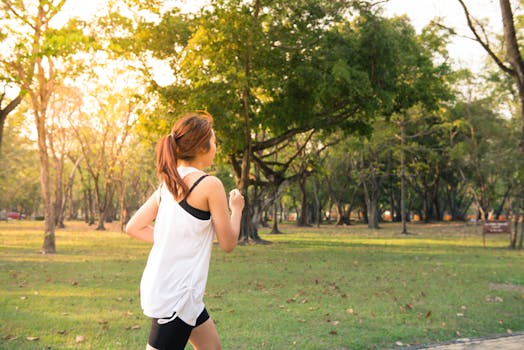
Running is not just a physical activity; it’s a mental experience as well. The right music can power you through tough stretches, help you maintain a steady pace, and even make your runs more enjoyable. So, what makes a good running playlist?
1. Upbeat Tempo
- Motivating Beats: Choose songs with a tempo of 120-140 BPM to match your running pace and energize your movements.
- Consistent Rhythm: Opt for tracks that help you maintain a steady stride without unexpected tempo changes.
2. Personal Preference
- Favorite Genres: Whether you love pop, rock, hip-hop, or EDM, pick songs that you genuinely enjoy to keep you inspired throughout your run.
- Mood Enhancement: Select tracks that uplift your mood, especially during difficult parts of your run.
3. Variety & Flow
- Warm-up and Cool-down: Begin with slower songs for warm-up and end with relaxing tracks for cool-down.
- Diverse Artists: Include a mix of artists and styles to keep things interesting and prevent monotony.
4. Motivational Lyrics
- Encouraging Messages: Songs with inspiring or empowering lyrics can give you the extra push you need.
- Positive Energy: Avoid songs with discouraging or negative messages to maintain your motivation.
5. Seamless Transitions
- Smooth Playlist Experience: Arrange songs so that transitions feel natural and keep the energy flowing throughout your run.
Ultimately, a good running playlist is one that keeps you moving, motivated, and happy. Take some time to curate your own, and you’ll notice the difference on your next run!
Comments
Post a Comment